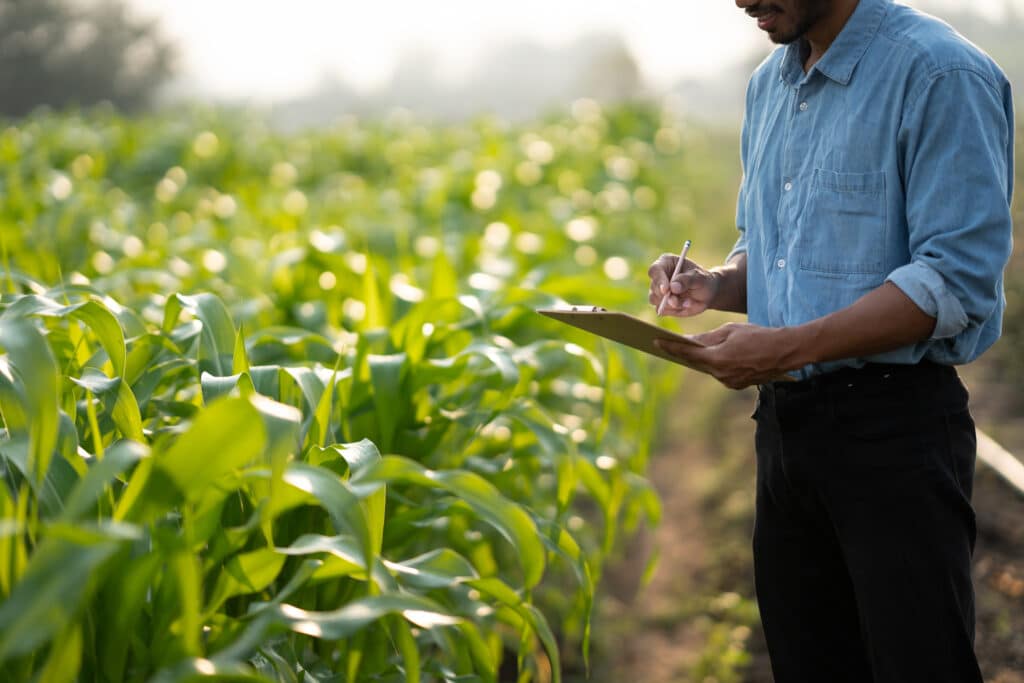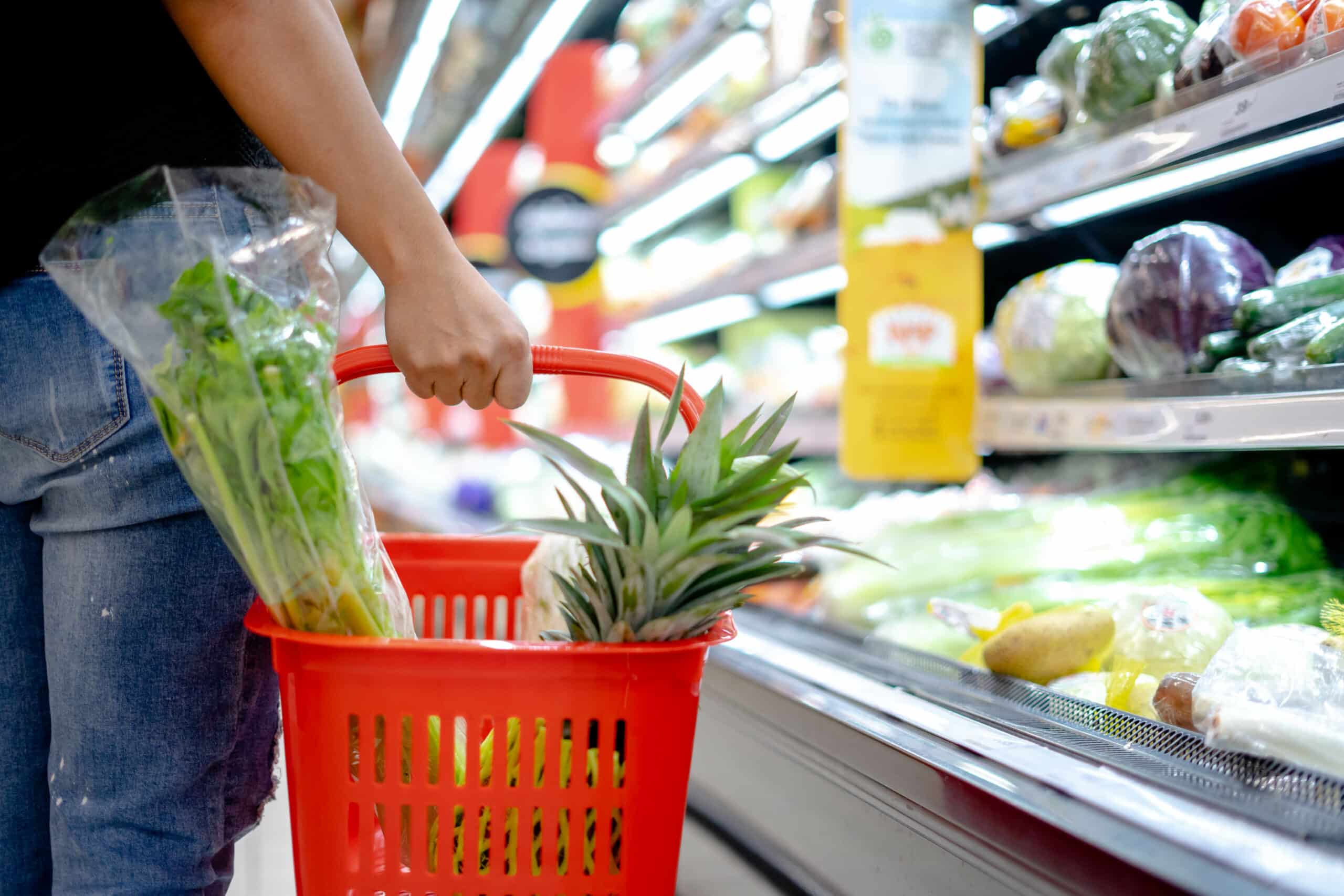Countries in the Middle East and North Africa are especially susceptible to food inflation. Government policy needs to change away from short-term solutions such as food subsidies, which ultimately exacerbate the problem, rather than easing it.
Food Imports
The Middle East and North Africa (MENA) relies on imported food to an extent greater than many other regions. Net food imports account for 48 percent of food consumption across the region and 89 percent of consumption in Gulf Cooperation Council (GCC) countries.
Overall demand for food is also increasing in the region and the volume of cereal imported into to the MENA region rose 13 percent between 2007 and 2010. Countries that rely heavily on food imports are disproportionately affected as world food prices rise and are especially prone to food inflation.
Since 2008, local food prices have grown by over 50 percent in the MENA region, at a CAGR of approximately nine percent.
Food Security
Food prices are a sensitive issue in the region and many MENA countries have identified food security as a key policy measure in ensuring political stability.
Food inflation triggered a series of bread demonstrations in Bahrain, Yemen, Jordan, Egypt and Morocco and these countries experienced political unrest only a few years later. Although food prices were not the only factor in the so-called “Arab Spring”.
Many governments in the MENA region subsidise world food prices in order to keep food affordable in local terms. These measures include price controls, food subsidies and other measures aimed at reducing the burden of food inflation.
However, food subsidies do not address the root causes of food inflation and may make the situation worse.
Addressing food inflation
Addressing the challenges of food inflation and security in the Middle East and North Africa is critical to the long-term prosperity of the region. Farrelly Mitchell guides governments and businesses through the complexities of such challenges, identifying their root causes and designing strategies tackle them. Our consultants support clients in establishing sustainable agricultural practices, enhancing local production capabilities, and implementing strategic food security policies to mitigate the impact of global price fluctuations and build more resilient food systems.














